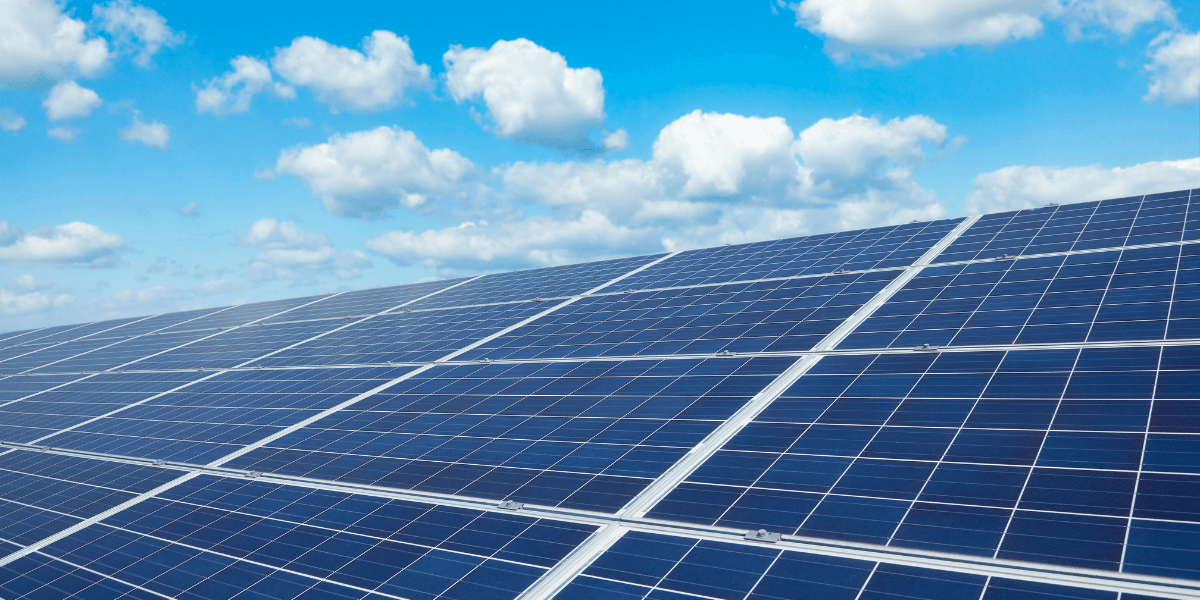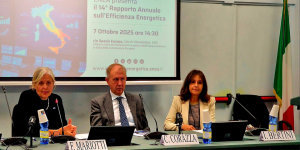Photovoltaic and storage systems: signs of recovery for the Italian supply chain
Demand for photovoltaic and storage systems is growing in Italy: record auctions, new technologies, and energy communities are driving the transition.

The photovoltaic and storage systems sector is showing concrete signs of recovery. The latest initiatives to promote renewable energy sources have led to a sharp increase in demand for new installations, with record volumes for solar technologies.
The storage segment is also rapidly evolving: storage auctions have allocated all available capacity, especially in Southern Italy and the islands, highlighting a growing interest in grid support technologies. These results confirm the desire to strengthen the European production chain and streamline the integration of renewable energy generation and storage.
However, there are still critical issues: operators report still long authorization times and challenging 2030 targets, which require a coordinated approach between industry, institutions, and research.
New storage technologies and alternative materials
Research and innovation play a key role in the development of new storage solutions, designed to increase safety, durability, and sustainability.
The latest experiments concern batteries based on alternative materials to lithium, such as sodium batteries, characterised by greater availability of raw materials and potentially lower costs.
Alongside these developments, modular and flexible storage solutions are becoming increasingly popular, capable of adapting to different types of systems, from residential to industrial. These technologies improve self-consumption, stabilize the grid, and reduce energy losses, contributing to a more efficient and resilient energy model.
Energy communities and integrated systems
Renewable energy communities remain one of the most promising levers for the spread of solar energy in Italy. By integrating photovoltaic systems, storage systems, and electric vehicle charging infrastructure, it is possible to create local networks capable of sharing and balancing energy production.
Recent experimental projects and case studies demonstrate how coordinated energy management, supported by digital monitoring platforms, represents a decisive step toward the creation of distributed energy ecosystems. The goal is to optimize energy flows, reduce peak demand, and make the national electricity system more stable and sustainable.
Related Focus







